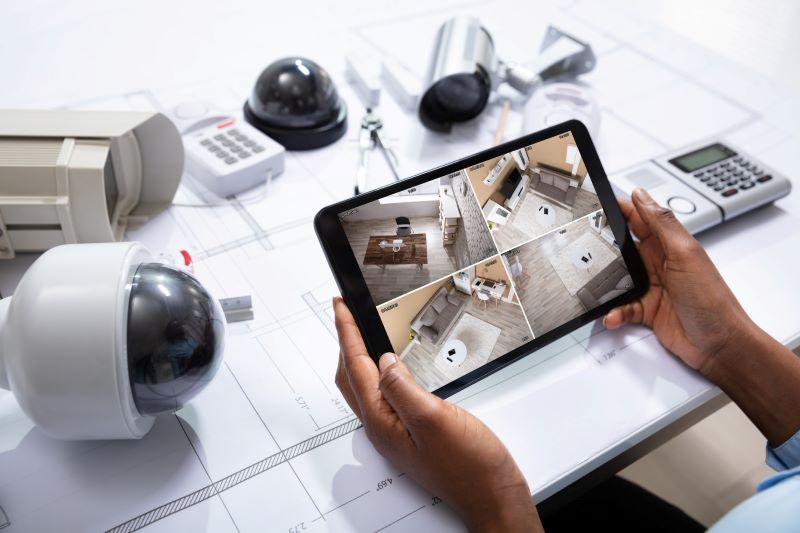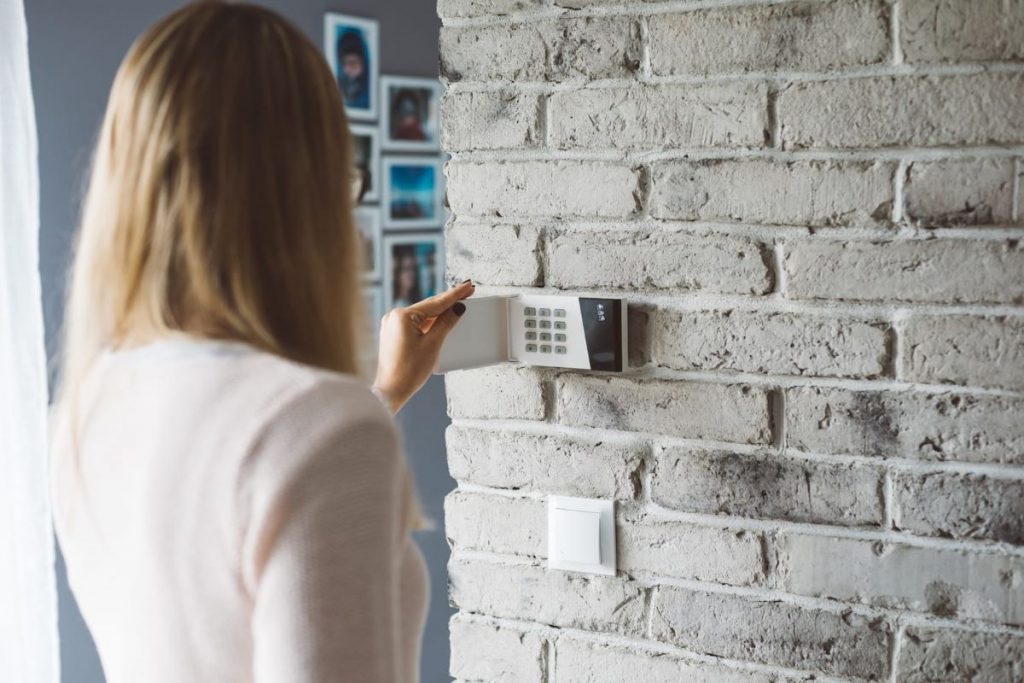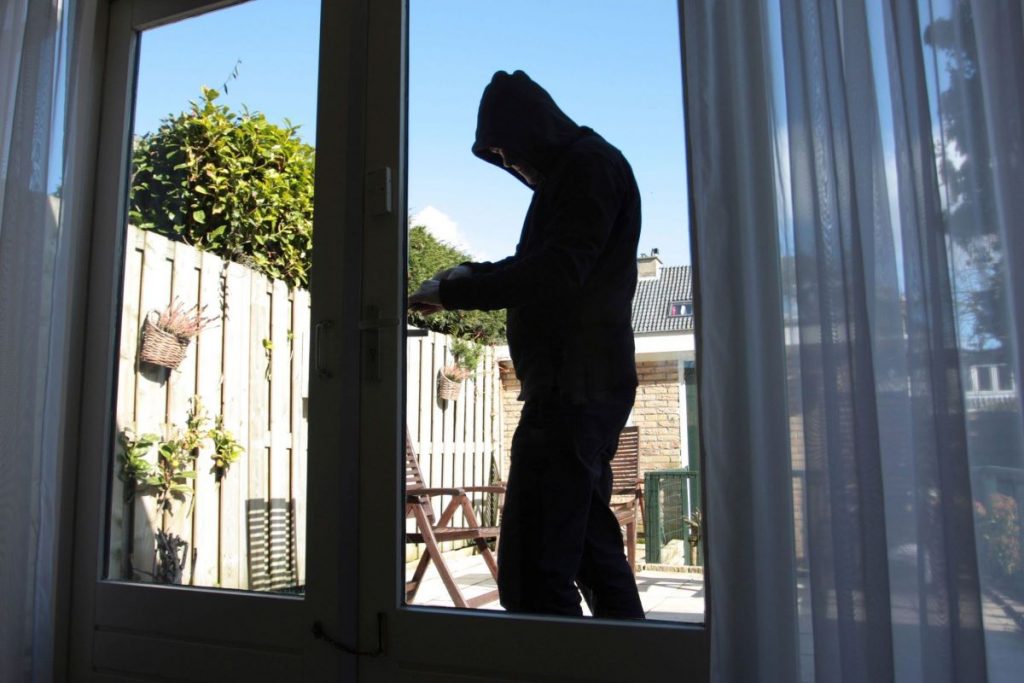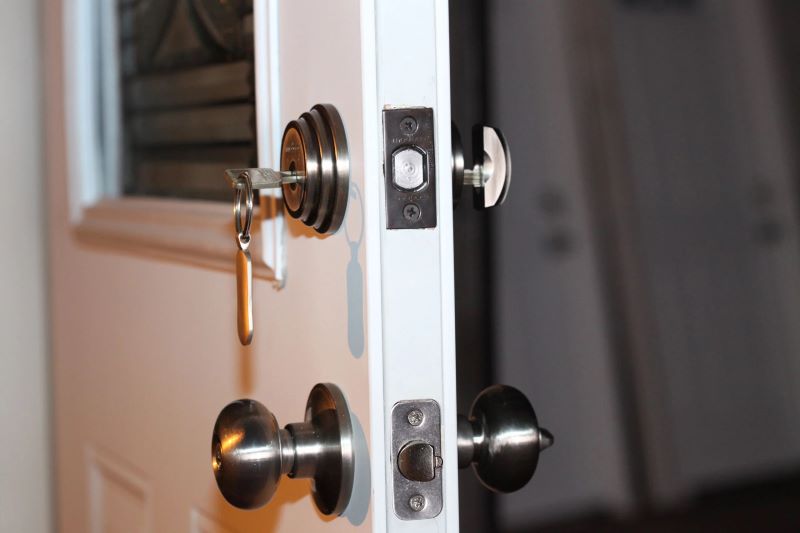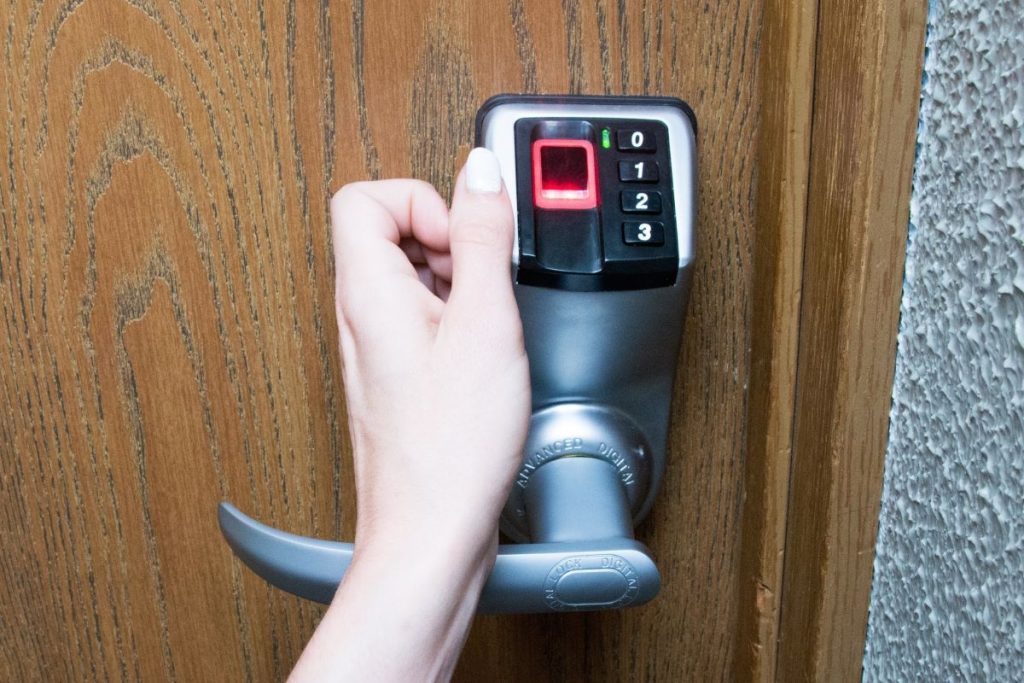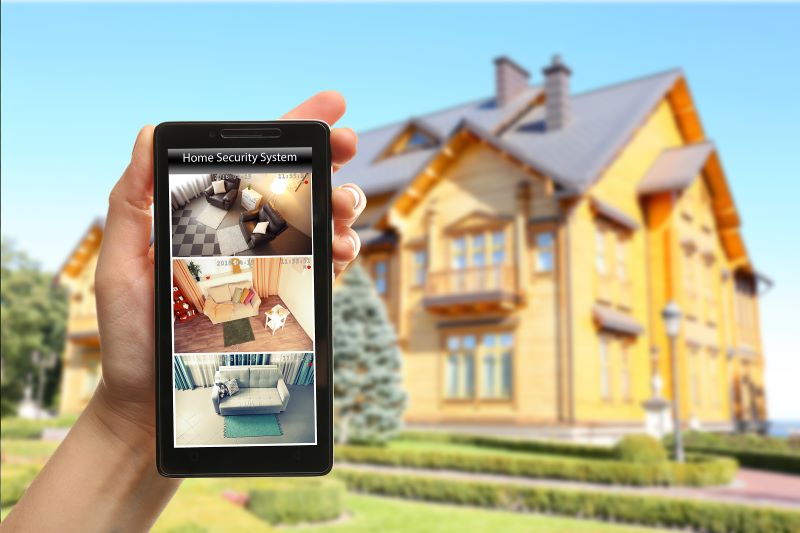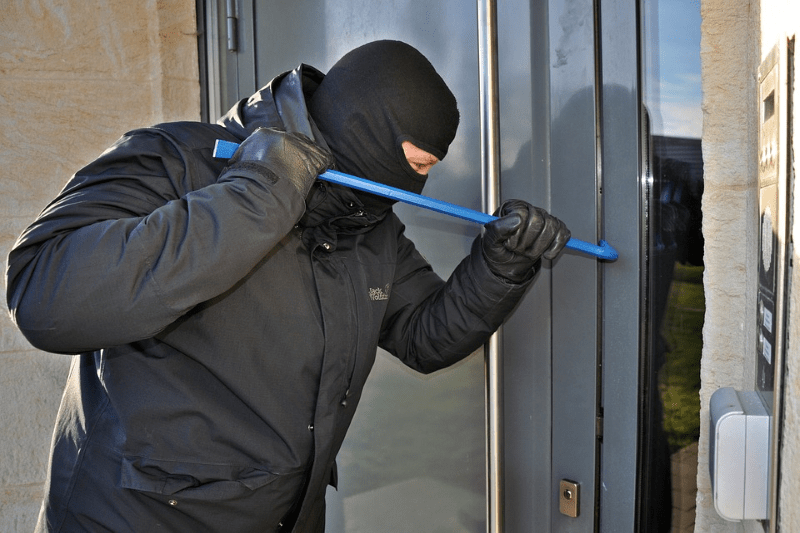Table of Contents
The number of burglary claims has climbed recently. In the UK, nearly 16 percent more robberies are reported year over year. The likelihood someone will burglarize your home, though, depends on where you live.
Whether your home has been broken into or you want to take precautions to ensure it never happens, you may want to install a home security camera system.
You have a few questions though. One of them is whether you should choose a wireless home security camera or go with a wired system. Which is best?
This guide will discuss the differences between these two systems, as well as the pros and cons of each.
The Wired Home Security Camera
A wired system was once your only option for installing security cameras at home. They require you to install physical cameras that are, as the name implies, hardwired. That means you’ll need to run cables and cords to supply power and connect the cameras to monitors.
For that reason, the wired system is usually more expensive and difficult to install. You may need to spend some time drilling holes in walls to run cables, or to mount the cameras. They also don’t move very easily, which is a problem if you plan to move house soon.
That said, wired home security camera systems do have their upsides. They don’t rely on a wireless signal, which means your feed is less likely to experience interruption. The signals from nearby devices also can’t interrupt the feed.
It’s also somewhat more difficult to hack the wired camera system.
The Wireless Home Security Camera
A wireless home security camera is a system that has been freed from cords and cables. It can be moved around your home with ease.
It’s also much easier and faster to install a wireless security camera system for your home. That’s because you don’t need to run cords and cables everywhere.
The wireless system is also less costly for that reason. You won’t need a professional to set up your system, which also makes it faster. They’re also more portable.
Wireless devices do have some drawbacks, though. If your wireless router has a tendency to cut out, your home security camera’s feed will be interrupted. Nearby devices can interfere with your signal as well. This can cause problems with your feed.
Finally, wireless devices must be set up to protect against hacking. The last thing you want is for someone to hack into your security feed and lock you out or turn off part of the system.
Wire-Free: A Third Option
There’s a third type of home camera security system, and that’s the wire-free system.
These cameras are battery-operated, much like your phone or laptop. These cameras are portable and easy to install, which makes them a good option for renters and homeowners alike.
They’re also the only security option that will keep working through a power outage. They also back up to the cloud.
You will have to make sure your batteries are charged, which can create some downtime for your system. Like wireless systems, they also rely on wireless signals. That can lead to interference issues and feed interruption if the signal goes down.
Which is Better?
Wired, wire-free, and wireless home camera security systems have their advantages and disadvantages. Neither is really “better” than the others.
One of them will be a better fit for your security needs though. For most people, a small, portable wireless security camera is a great investment. The ease of installation and low costs make them more accessible.
They’re also ideal for people who live in small spaces. If you move a lot, a wireless camera is a better investment than a hardwired system.
There are some situations where a hardwired system just makes more sense. If you have a large property or several areas you want to keep an eye on, a wired system provides a more expansive set up.
Wired systems are also helpful if you live in an area with poor or slow wireless connections. If you’re unsure about cybersecurity, a wired system may also provide you with more peace of mind.
A wire-free system may be an option if you need something quick and easy to install. They might be the right choice if you live in an area with frequent power outages. They’re also helpful if you want to be sure your camera recordings are backed up automatically.
Camera Set-up Considerations
No matter what make or model of camera you choose, wired or wireless, there are some key considerations when setting up.
All cameras need light to operate, including those with night vision. Carefully consider the space where you’ll set up your camera. Is there good quality light to help you capture good quality video?
Also, think about the set-up of the room or area you want to capture. A camera hidden in a corner where no one ever goes isn’t much use. Install your cameras in high-traffic areas, where people who enter or exit will walk by.
Finally, think about the cameras themselves. Do they come equipped with memory? What speed do the memory cards write at?
It’s also important to think about which recording mode to use. Finally, don’t forget about test runs.
Get Peace of Mind Today
If you can wait to have a technician install your system, a wired home security system may be the right choice. If you want to improve your home security today, a wireless home security camera will help you get up and running.
Your home is your sanctuary, which is why you want to secure it. It should also be a place where you can rest and relax.
Discover the many ways you can make your home truly yours with DIY gardening or tips for remodeling your home.
